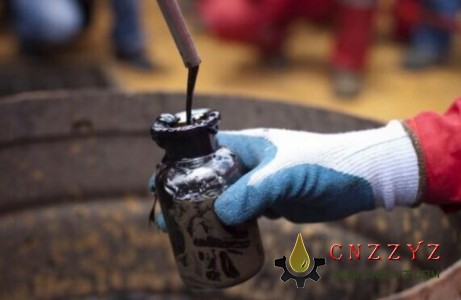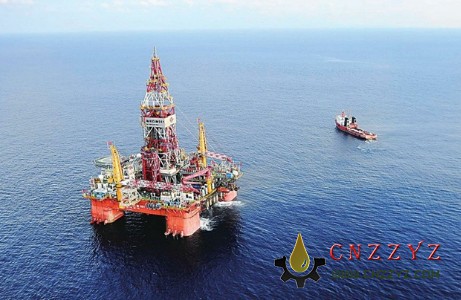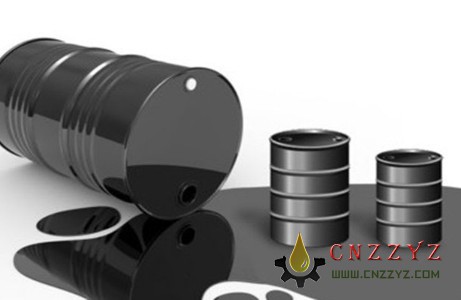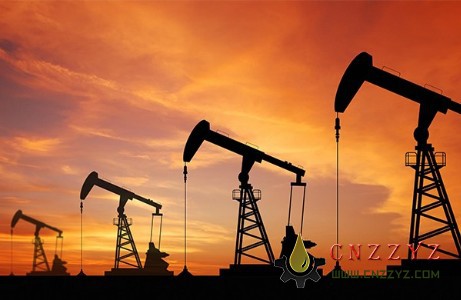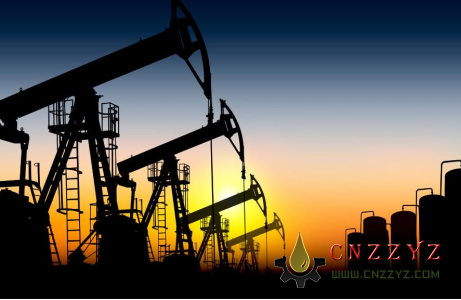石油设备网讯 据普氏能源资讯2019年8月5日新加坡报道,印度今年下半年的石油产品需求很有可能会从上半年的水平适度复苏,因为人们预计印度联邦选举后政府政策的透明度将有助于汽车、制造业和农业部门的复苏。
在经济增长放缓的背景下,印度国内的汽车需求大幅放缓,这对印度的石油需求造成了负面影响,今年上半年,印度石油产品总体消费增速同比下降到了1%。
标普普氏全球能源资讯分析公司在一份研究报告中称:“展望今年下半年,随着经济改善,汽车销售应会复苏,同时选举后新政策和税率的确定性也会增强。”
普氏分析公司预计,由于印度央行开始通过降息放松货币政策,国内生产总值(GDP)将很快恢复增长势头。印度政府还计划改善本国的基础设施来刺激经济。
普氏分析公司预计,印度今年下半年石油需求将继续增长,同比将日增23.5万桶,今年印度全年石油产品需求平均将增长17万桶,比去年增长3.5%。
今年1 - 6月,印度柴油需求同比仅增长了2.8%,从去年同期的4260万吨增加到了4380万吨。因此,总体石油产品需求从去年同期的1.07亿吨小幅增长至1.08亿吨。
普氏分析公司表示:“由于印度国内驾车者越来越多地转向汽油汽车,轻油需求增长大幅放缓,而其它行业的需求受到经济放缓的抑制。”
李峻 编译自 Platts
原文如下:
India's oil products demand growth may pick up after weak H1
India's oil products demand in the second half of 2019 is likely to stage a modest recovery from H1 levels on expectations that clarity on government policies post the federal elections would help auto, manufacturing and agriculture sectors to recover.
A sharp slowdown in India's auto demand on the back of a slowdown in economic growth has taken a toll on India's oil demand, pulling down overall oil products consumption growth to 1% year on year in the first half of 2019.
"Going forward into the second half of this year, vehicle sales should recover as the economy improves, coupled with more certainty over new policies and tax rates after the elections," S&P Global Platts Analytics said in a research note.
Platts Analytics expects that GDP growth will soon regain momentum, as the central bank had begun to loosen up the monetary policy by cutting interest rates. The government also has plans to improve the country's infrastructure and stimulate the economy.
It expects oil demand to pick up, with a year-on-year growth of 235,000 b/d in H2 2019, taking the whole year average to 170,000 b/d in 2019, a 3.5% growth over 2018.
In the January-June period, demand for diesel, which accounts for the biggest share in the oil products basket, rose by only 2.8% year on year to 43.8 million mt from 42.6 million mt a year earlier. As a result, overall oil products demand grew marginally to 108 million mt from 107 million mt in the same year-ago period.
"Gasoil demand growth slowed sharply as motorists increasingly turned to gasoline vehicles, while demand from other sectors had been dampened by a slowing economy," Platts Analytics said.


